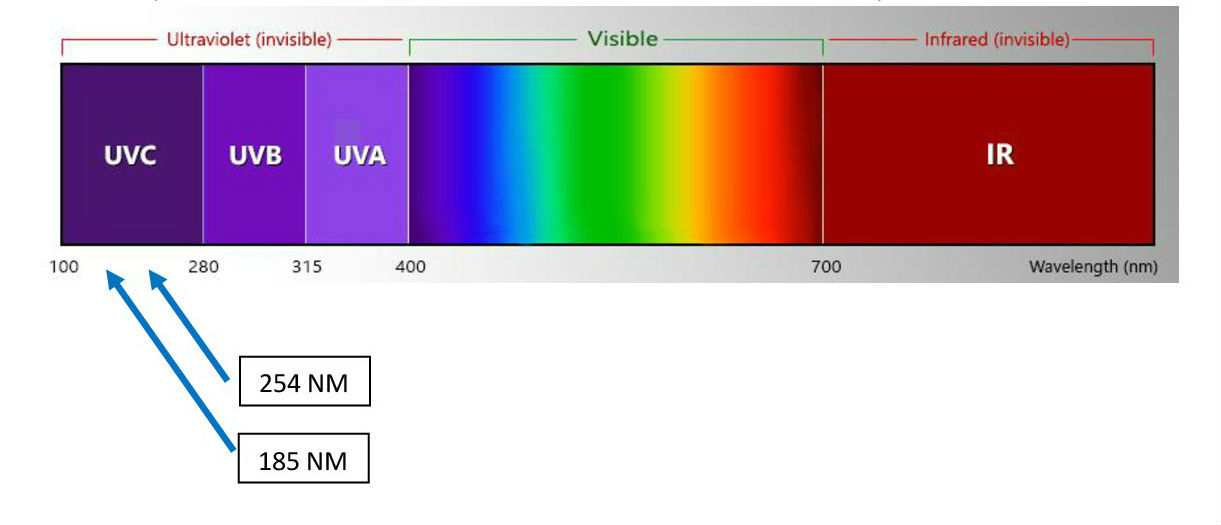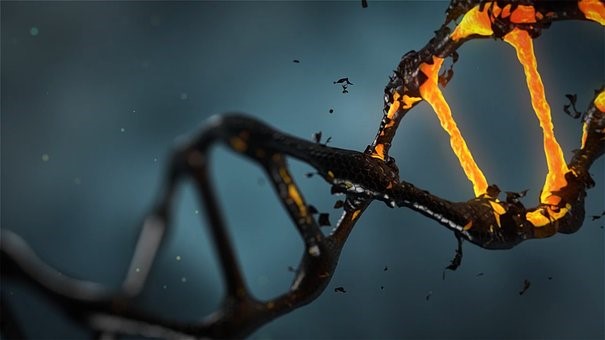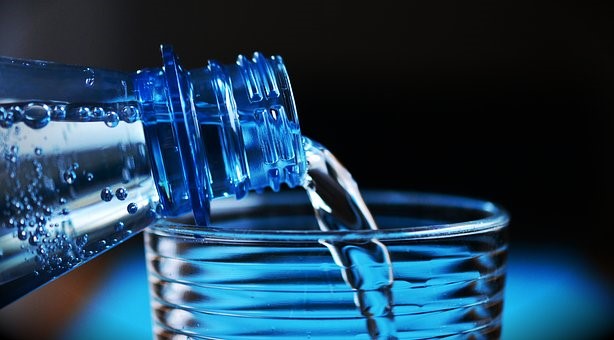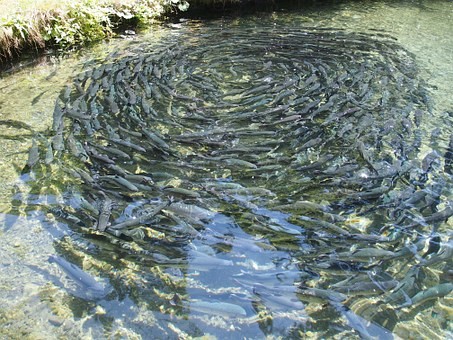UV Technology

Ultraviolet Germicidal Irradiation (UVGI) is a non-chemical disinfection method that uses short wavelength ultraviolet (UV-C) light to kill or inactivate microorganisms within a liquid, gas or on a surface. This is achieved by destroying nucleic acids and disrupting their DNA, leaving them unable to perform vital cellular functions or render them unable to reproduce.
UV technology can provide logarithmic inactivation of pathogenic microbials for surface, air and water applications. Typically germicidal lamps provide a peak output at 254 NM. UV technology also can be used in applications other than disinfection such as TOC reduction. For these specialized applications, bulbs are designed to emit output at 185 NM.
UV technology is widely adopted and proven in regulated markets where product safety is vital. There are endless market applications where UV technology is utilized. Examples include:
- Microelectronics

- Food / Beverage
- Life Sciences
- Bio-Pharmaceutical
- Recreational Water
- Industrial Waste Water Treatment
- Power Generation
- Aquaculture
- Dialysis
- Air Disinfection
- Surface Disinfection

Within the multitude of markets UV technology is utilized, there are different types of UV applications within those markets. These include:
- Disinfection
- Chlorine / Chloramine Destruction
- Ozone Destruction
- TOC (Total Oxidizable Carbon) Reduction
Example of applications:
- Disinfection and TOC destruction for ultra-pure water treatment
- Spring water disinfection for bottled water
- Disinfection of effluent process water from food processing plant
- Disinfection of recycled rinse water for vegetables
- Inactivation of Giardia / Crypto in Swimming Pool Water
- Remove Chloramine in Swimming Pool Water
- Inactivation of target pathogenic microorganisms in aquaculture fish farm
- Surface disinfection for hospital Operating Room
- Sugar Syrup disinfection
- Cooling Tower Water disinfection
Advantages of UV Technology
- Application of UV light initiates a reaction almost immediately.
- UV also will inactivate chlorine and chloramine resistant microorganisms such as Crypto and Giardia.
- Unlike chlorine, UV does not produce any toxic byproducts
- UV does not change the taste of water. It does not remove beneficial mineral content or add odor.
- UV is environmentally responsible.
Restrictions of UV Technology
- UV does not provide a residual like chlorine.
- UV performance can be influenced by factors such as suspended solids, turbidity and color
- UV is application specific.
